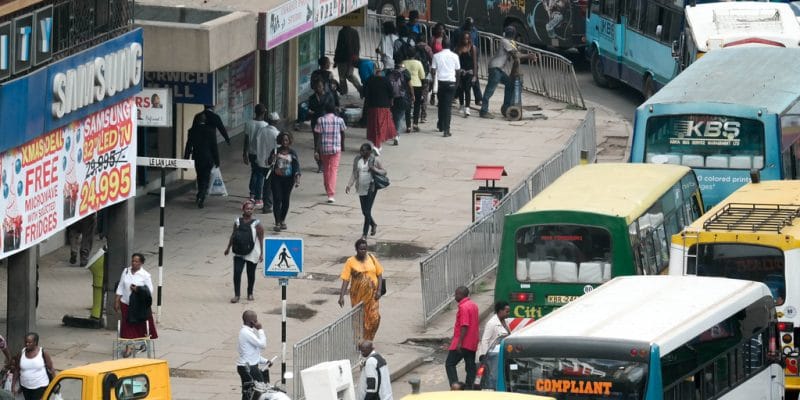As population growth increases congestion in Lomé, the government of Togo is launching the Low Emission Urban Transport (TUFE) project to reduce CO2 emissions in the capital of this West African country.
In Togo, the Low Emission Urban Transport (TUFE) project will be implemented in Greater Lomé. The government’s initiative aims to reduce pollution in the capital and its surroundings. The Tufe project is validated by many actors in the transport, finance, energy, environment and urban planning sectors.
According to Koffi Dimizou, Secretary General of the Togolese Ministry of the Environment and Forest Resources, the first step will be to prioritise public transport in this urban area with a population of at least 2 million. Subsequently, Tufe will aim to overhaul the network of the Société des transports de Lomé (SOTRAL), increase the speed of buses on the routes, as well as improve the commercial service to passengers.
For a total cost of 50 million dollars (more than 31 billion CFA francs), this project will benefit from the support of several financial partners such as the Green Climate Fund (GCF), the Global Green Growth Institute (GGGI). For the GGGI resident representative in Togo, Innocent Kabenda, the project will make it possible to “fight against the effects of climate change and increase the resilience of populations”.
Read also-
Ultimately, the implementation of TUFE will also contribute to the realization of a national program on green mobility which aims to achieve 3% of electric vehicle imports in Togo by 2025. It is within this framework that the International Finance Corporation (IFC), the World Bank Group’s private sector financing arm, recently granted a $10 million (6.25 billion CFA francs) loan to mobility start-up Gozem for the deployment of 6,000 electric motorbikes by June 2023 in Togo.
Benoit-Ivan Wansi







